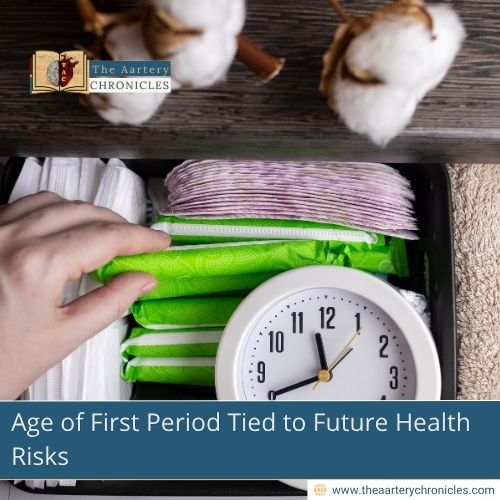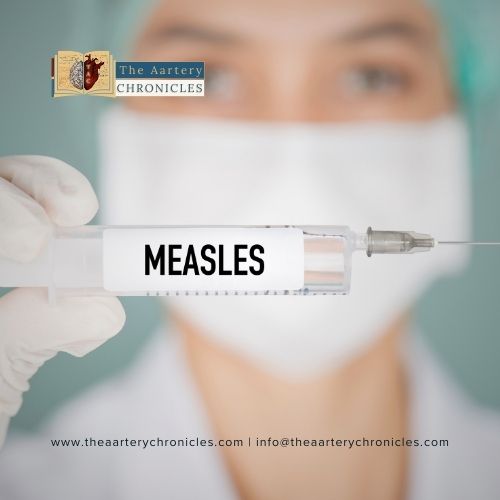

Age of First Period Tied to Future Health Risks
Summary: A major new study from Brazil, presented at ENDO 2025, reveals that the age at which a girl gets her first period (menarche) can significantly influence her long-term risk of developing obesity, diabetes, heart disease, and reproductive issues. Early menarche (before 10) increases metabolic and cardiovascular risks, while late menarche (after 15) is linked to menstrual irregularities and certain heart conditions.
First Period May Predict Your Future Health-Here’s How
Did you know that the age of your first period could shape your lifelong health? A groundbreaking study presented at ENDO 2025, the Endocrine Society’s annual meeting in San Francisco, has shed light on a strong link between menarche (the first menstrual period) and major health outcomes, including
- Obesity
- Diabetes
- Heart disease
- Reproductive disorders
This study highlights the potential health implications of both early and late onset of menstruation. So, knowing when you or your daughter had her first period could be more than a puberty milestone; it could be predictive of the future well being.
Findings of the Study: Early vs. Late Menarche Risks
The research analysed the health information of 7,623 women in the 35-to-74 age group using the ELSA-Brazil (Brazil Longitudinal Study of Adult Health), one of the largest health studies in a developing country.
Women were divided by menarche age
- Early Menarche: Pre-age 10
- Normal Menarche: 10–15 years old
- Late Menarche: Post-age 15
There were varying health results for each category based on
- Physical exams
- Lab tests
- Interviews
- Ultrasounds
Early Menarche (Pre-10) Associated with
- Increased risk of obesity
- Increased risk of high blood pressure
- Increased risk of type 2 diabetes
- Increased risk of heart disease
- Pregnancy complications such as pre-eclampsia
Late Menarche (After 15) Is Linked To
- Decreased risk of obesity
- Increased risk of menstrual irregularities
- Increased risk of certain heart issues
What the Experts Say
“Most women remember the age of their first period, but they might not realise it could be a marker of future health risks,” said Dr. Flavia Rezende Tinano, lead researcher from the University of Sao Paulo.
Clinical & Public Health Insights
This new data implies that menarcheal age is an easy, low-cost screening test for health professionals. Knowing this one fact, focused health testing, risk assessment, and prevention can be applied, particularly in low- and middle-income nations.
Education of female children and women about reproductive milestones during early life can also have a significant role to play in empowering preventive care and life-style planning.
Takeaway: A Small Detail with Big Implications
The time when you or your daughter begins to menstruate may seem a tiny detail, but it can give strong indications of future health. Regardless of whether you begin early or late, this milestone has predictive value for chronic disease, and knowing it can empower physicians and women to take proactive measures towards health.
Conclusion
Your first period is more than a recollection; more than that, it’s a health indicator. Premenarcheal or postmenarcheal growth may affect your risk for obesity, diabetes, cardiovascular disease, and reproductive issues. As researchers become increasingly aware of this connection, your menstrual history may become an important aspect of your tailored healthcare plan.
Inputs from various sources.

Dane
I am an MBBS graduate and a dedicated medical writer with a strong passion for deep research and psychology. I enjoy breaking down complex medical topics into engaging, easy-to-understand content, aiming to educate and inspire readers by exploring the fascinating connection between health, science, and the human mind.








